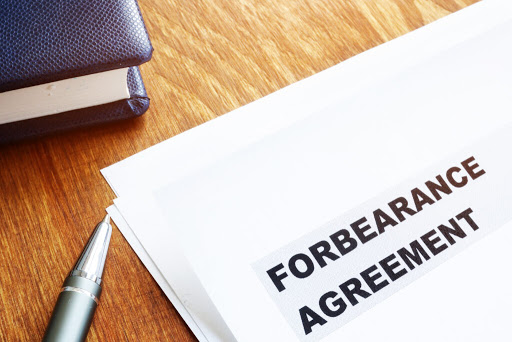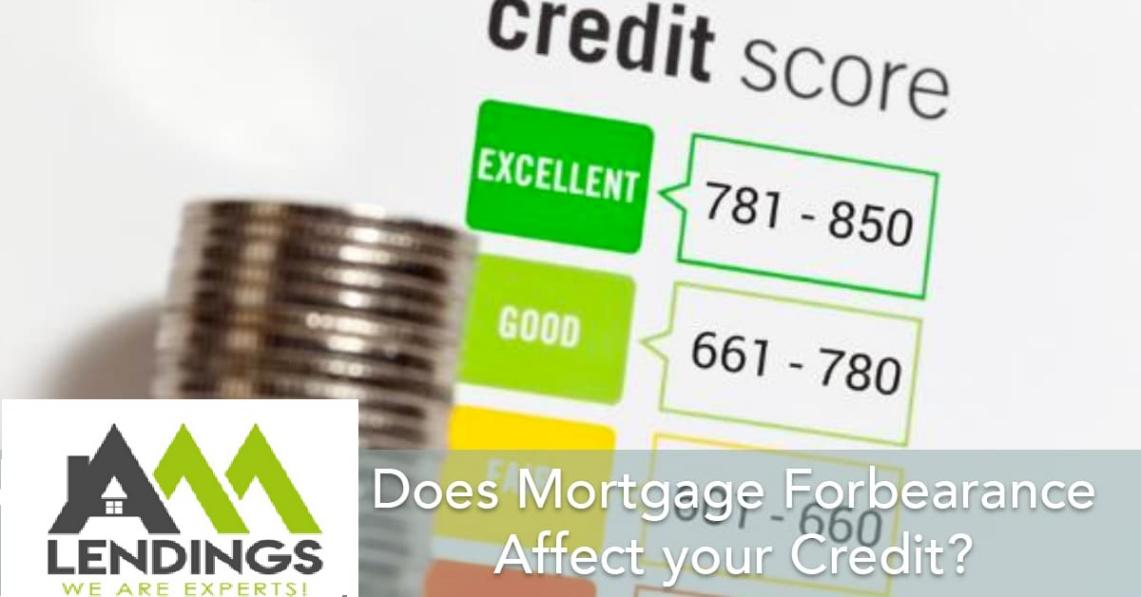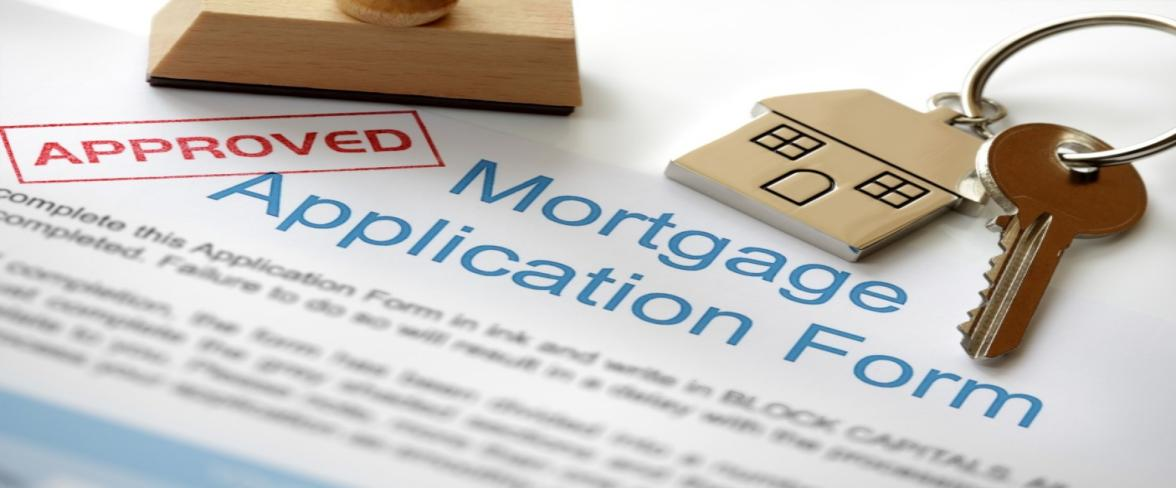Keyword: Forbearance; Refinance; Credit score
What is forbearance?
Forbearance is when your mortgage servicer or lender allows you to temporarily pay your mortgage at a lower payment or pause paying your mortgage. You will have to pay the payment reduction or the paused payments back later. You will have to repay any missed or reduced payments.
Many Americans are facing this predicament amid the coronavirus crisis, which has led to mass layoffs, reduced hours or pay cuts for many workers. As a result, lenders and the federal government are offering special options for mortgage forbearance due to COVID-19 to keep people in their homes.

Does a mortgage forbearance affect my credit?

Under the CARES Act, there should be no negative impact to a borrower’s credit score for payments missed during an approved forbearance period. But don’t stop making mortgage payments until you have a written forbearance agreement in place. Otherwise, the servicer will report late payments to the credit bureaus, which could hurt your credit scores.
Can I refinance if I'm in forbearance?
Borrowers can refinance after a forbearance, but only if they make timely mortgage payments following the forbearance period. If you have ended your forbearance and made the required number of on-time payments, you can start the refinancing process.
How long after forbearance can I refinance?

You should be eligible to refinance your mortgage as soon as three months afterward if you stay current on your mortgage payments once forbearance ends.
You can't refinance your mortgage while your loan is in forbearance.
Post time: Jan-20-2022


